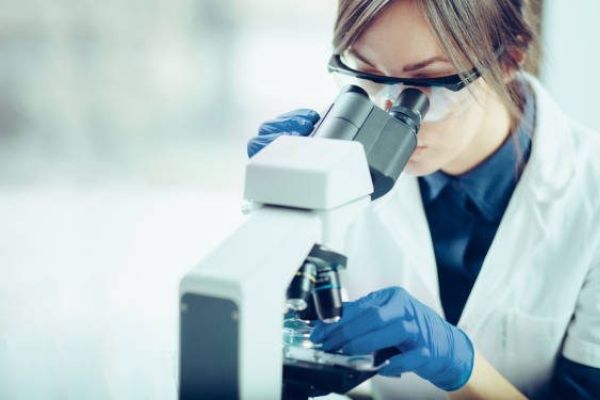Emerging biotechnologies: technology, choice and the public good
Report
Published 13/12/2012

Policy and governance of emerging biotechnologies is strongly informed by visions of the future.
Expectations about emerging biotechnologies may be formed and changed by events, ideas, political influences and past experiences. However, experience of biotechnologies is often drawn from only a few successful examples, leading to an ‘optimism bias’ for prospective technologies.
There are concerns that over-stated claims about the possible benefits (or harms) of a biotechnology and the timescales for innovation have become routine assumptions within policy and governance. Yet, most new technologies do not meet prior expectations, more will fail than will succeed, and those that ultimately succeed may do so in a very different form from that originally envisaged.
A critical and reflective approach to claims concerning prospective biotechnologies is therefore needed. This is not to undermine support for biotechnology research and development in general, but rather to make it stronger by looking more carefully at what the relevant evidence can support, and to encourage responsible innovation. In particular, it may help to avoid the dangers of:
- prematurely linking the development of biotechnologies to particular social objectives and thereby ignoring other potential benefits and reasons to promote the development of those biotechnologies;
- linking social objectives to particular biotechnologies and thereby failing to adequately consider and explore alternative ways of meeting those objectives [Chapter 2].

Share